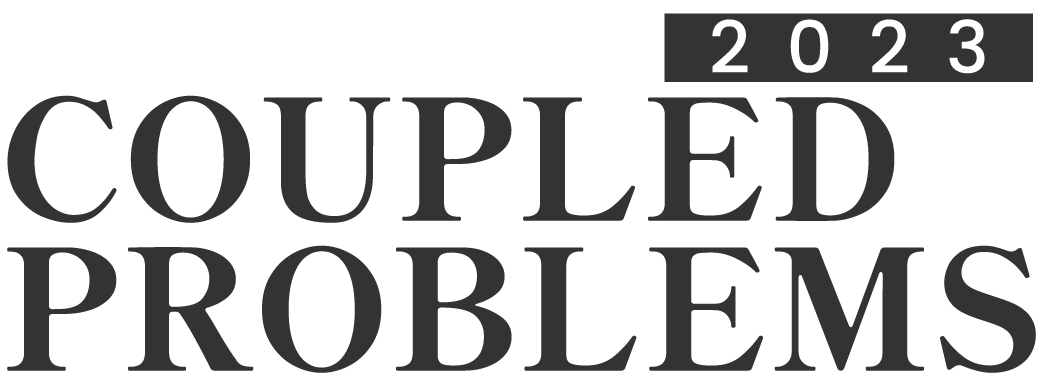

IS13 - Machine learning and uncertainty quantification for coupled multi-physics, multi-scale and multi-fidelity modelling.
Due to their substantial computational cost, it remains challenging to use high-fidelity first
principles (FP) models for decision support. The situation is particularly grave in
applications involving multi-query analyses (e.g., optimization, uncertaintyquantification),
which require a large numberof simulations. This challenge is amplified for coupled multi -
physics models, where the computational cost increases markedly with each physics
component model incorporated into the system. Data-driven models,such as classical and
Machine Learned (ML) surrogates as well as Reduced Order Models (ROMs) , are
increasingly being adopted to increase the computational efficiency of evaluating an FP
model. However, using purely data -driven models credibly in extrapol atory regimes is
challenging. This session will present advances in FP, data -driven models, and/or the
coupling of the two, which increase the computational efficiency of predicting complex
phenomena, while providing estimates of uncertainty.
We are calling for talks that present novel algorithms or application studies that utilize
one, or more, time scales, spatial scales, physics, or model fidelity. Specific topics of interest
include: algorithms for constructing stable data-driven models for long-time integration of
single-physics computational models; stable methods for coupling multiple data -driven
and/or FP models with different physics or scales ; and multi-fidelity strategies that use
data from multiple models (potentially both FP and data -driven models) of varying cost
and accuracy to predict complex phenomena at significantly reduced cost.

